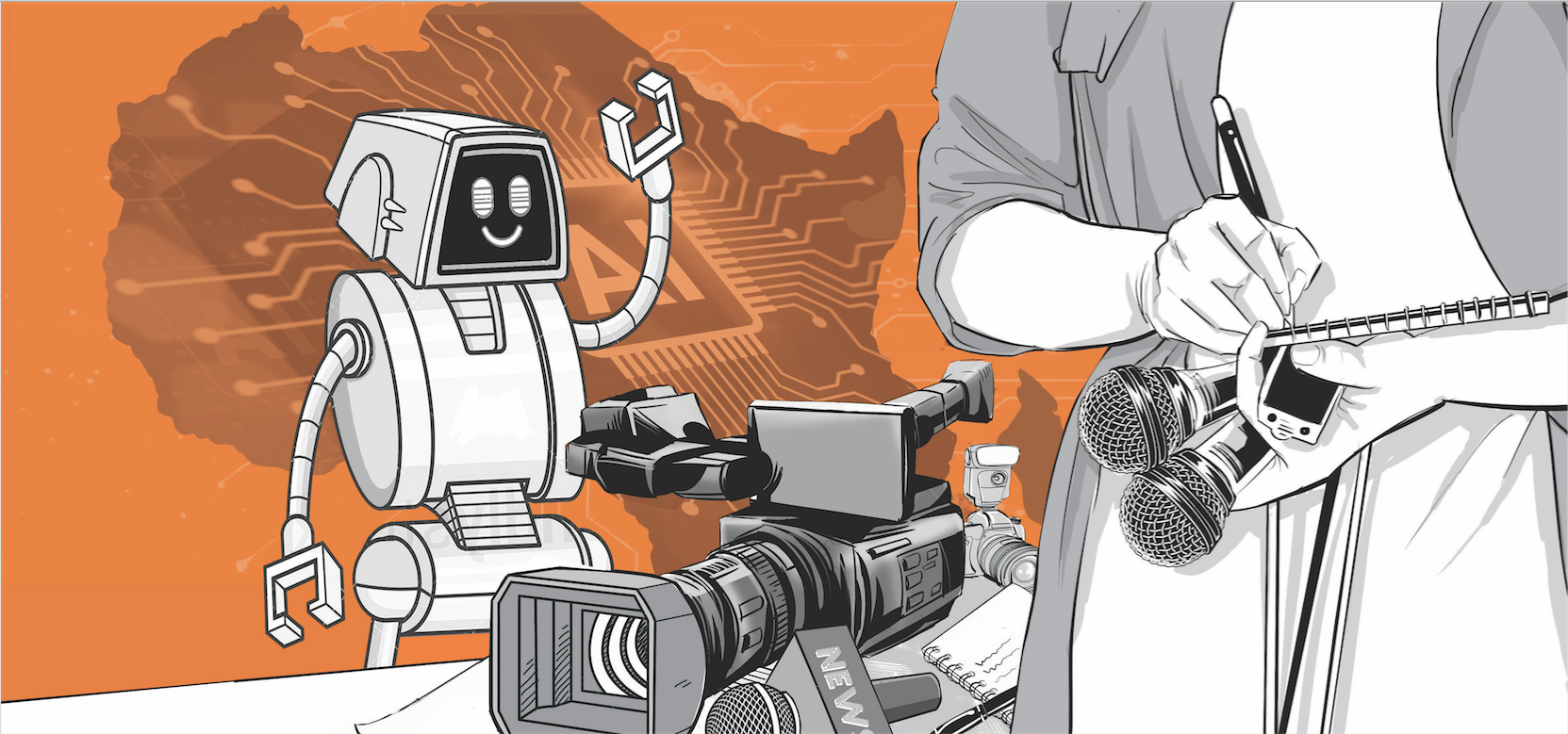

A few weeks ago, an important gathering of the continental media professionals, experts, scholars, regulators, editors and practitioners took place in Arusha, Tanzania.
The Second Pan African Media Council’s Summit was organised by the Network of Independent Media Councils of Africa in collaboration with the Media Council of Tanzania and the East Africa Press Councils.
Themed around "advancing media and communication regulations for journalism excellence in Africa", the summit could not have come at a better time. I was privileged to have attended it in my role as a practitioner, development partner and observer.
The practice of journalism in Africa and the world over is presently enveloped in unprecedented threats and opportunities. The shifting world order and emergent technologies have combined forces to present an existential conundrum to the media space.
On the one hand, the opportunities presented by emerging technologies such as artificial intelligence present a fresh impetus for media efficiency, accuracy, speed and new revenue streams.
On the other hand, the threats presented by AI-powered misinformation and deepfakes, emerging digital divide, intellectual property and data breaches, and fears of loss of critical thinking cannot be wished away.
At the same time, the rise of populism, the emergence of emboldened dictatorships and the attendant decreased appeal in democratic conduct are pounding hard on mainstream media.
Populism’s focus on the “common man”, or “hustler” in the Kenyan context, obsession with simple ideas, and promotion of distrust against established institutions has particularly proved lethal.
As it is vanquishing democratic conduct, it is weakening traditional systems of global security such as multilateralism and watchdog institutions such as the media. Inevitably, the world is now in far greater chaos than it was a decade ago.
There is confusion, mistrust and insecurity everywhere. Every person, every institution and every leader is engaged in perpetual, often pathetic, struggle for relevance and survival.
Media practice has consequently been invaded by all manner of people, with every manner of intention and every means available at their disposal. The mainstream media is increasingly being isolated, starved and marginalised.
Revenues are shrinking faster than they can be reclaimed, talent is fleeing as concessions made in the process of reclaiming the revenues boomerang. This is the most difficult period for the media institution as the world has known it.
It is against this background that the summit in Arusha was held. To secure the place and importance of the media in this context, a number of resolutions were considered.
One, the African media was impressed to take charge and embrace the AI journey. Newsrooms that have not developed AI guidelines and upskilled their practitioners should do so as a matter of urgency.
In support of this, governments in Africa should develop, review and adopt national strategies and policies on AI. Above all, they must fund AI research to unleash its potential.
In March, National Intelligence Service boss Noordin Haji while speaking on emerging security threats, decried African governments’ lack of strategic investment in AI, imploring the continent to take charge of its digital future.
Two, the African media industry must move with haste and innovate on new ways of sustainable funding. The traditional revenue models are as good as gone, and the gap left is way too huge to be ignored.
Towards this end, councils can, and should, facilitate collaborations that can entrench journalism excellence in the face of the present challenges. Many suggestions were offered on alternative funding models, including digitisation of African heritage and indigenous knowledge and raking revenues off it.
Three, to enhance accountability frameworks, Africa media through their councils should share best practices towards complaint handling, verification frameworks and sustainable business models.
Four, universities and training institutions play a critical role in research, training and promotion of media literacy. The importance of media and digital literacy in the age of misinformation and deepfakes was more than emphasised at the summit.
The role of enhancing media and digital literacy can no longer be confined to institutions of learning, especially now in the wake of the disinformation pandemic sweeping the world. It ought to be a national and continental project.
Many other things were discussed in Arusha. The summit gave media stakeholders the opportunity to rededicate and reaffirm their commitment to media freedom and independence.
Above all, it allowed them to learn from each other on best practices of staying afloat as the world around sinks.
Senior Project Manager, Friedrich Naumann Foundation, Member, Media Complaints Commission & Advocate of the High Court of Kenya












